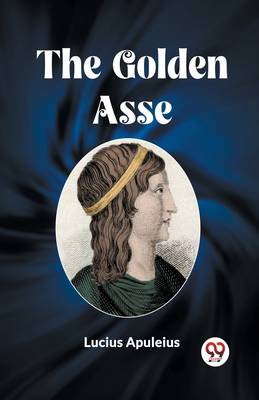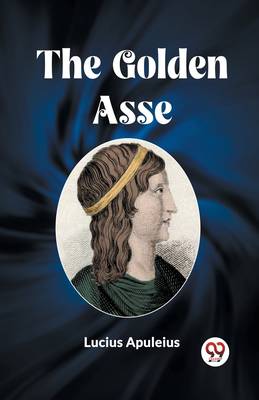
- Afhalen na 1 uur in een winkel met voorraad
- Gratis thuislevering in België vanaf € 30
- Ruim aanbod met 7 miljoen producten
- Afhalen na 1 uur in een winkel met voorraad
- Gratis thuislevering in België vanaf € 30
- Ruim aanbod met 7 miljoen producten
Zoeken
Omschrijving
"The Golden Asse" is an ancient classical story book written by Lucius Apuleius. The plot revolves spherical Lucius, a younger man who experiments with magic and is transformed right into a donkey. As a donkey, Lucius embarks on a sequence of strange and frequently fun adventures, encountering witches, robbers, and one-of-a-kind magical animals along the way. Apuleius makes use of Lucius' voyage to have a examine topics of metamorphosis, preference, and the hunt of information. The story is steeped with allegory and symbolism, with the donkey representing humanity's base goals and foibles. At its essence, "The Golden Ass" is a sarcastic examine Roman society and its vices. Apuleius makes use of wit and irony to mock the elite's duplicity and excesses, on the same time as concurrently education moral training about the dangers of gluttony and folly. Despite its historic origins, "The Golden Ass" is a timeless and tasty piece of literature that captivates readers with super imagery, witty wordplay, and irreverent humor. It maintains to encourage diversifications and interpretations in a variety of media, solidifying its vicinity as an international literary conventional.
Specificaties
Betrokkenen
- Auteur(s):
- Uitgeverij:
Inhoud
- Aantal bladzijden:
- 192
- Taal:
- Engels
Eigenschappen
- Productcode (EAN):
- 9789361423031
- Verschijningsdatum:
- 1/02/2024
- Uitvoering:
- Paperback
- Formaat:
- Trade paperback (VS)
- Afmetingen:
- 140 mm x 216 mm
- Gewicht:
- 249 g

Alleen bij Standaard Boekhandel
+ 49 punten op je klantenkaart van Standaard Boekhandel
Beoordelingen
We publiceren alleen reviews die voldoen aan de voorwaarden voor reviews. Bekijk onze voorwaarden voor reviews.











